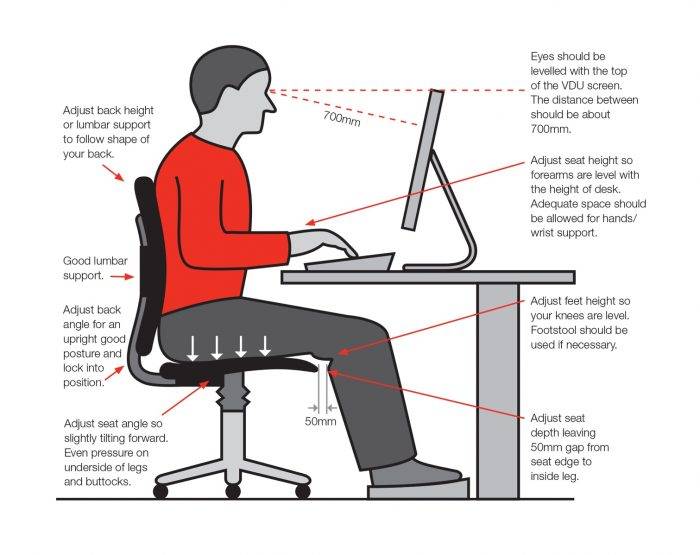To provide the best experiences, we use technologies like cookies to store and/or access device information. Consenting to these technologies will allow us to process data such as browsing behaviour or unique IDs on this site. Not consenting or withdrawing consent, may adversely affect certain features and functions.
The technical storage or access is strictly necessary for the legitimate purpose of enabling the use of a specific service explicitly requested by the subscriber or user, or for the sole purpose of carrying out the transmission of a communication over an electronic communications network.
The technical storage or access is necessary for the legitimate purpose of storing preferences that are not requested by the subscriber or user.
The technical storage or access that is used exclusively for statistical purposes.
The technical storage or access that is used exclusively for anonymous statistical purposes. Without a subpoena, voluntary compliance on the part of your Internet Service Provider, or additional records from a third party, information stored or retrieved for this purpose alone cannot usually be used to identify you.
The technical storage or access is required to create user profiles to send advertising, or to track the user on a website or across several websites for similar marketing purposes.
 Support from managers and colleagues, as well as a positive attitude, are most likely to enable a more long-term return to work for employees after a sickness absence, according to a new review of research led by the University of East Anglia (UEA). The review evaluated the impact of personal and social factors on sustainable return to work after ill-health due to musculoskeletal disorders, such as joint and back pain, and common mental health conditions, for example stress, depression or anxiety.
Support from managers and colleagues, as well as a positive attitude, are most likely to enable a more long-term return to work for employees after a sickness absence, according to a new review of research led by the University of East Anglia (UEA). The review evaluated the impact of personal and social factors on sustainable return to work after ill-health due to musculoskeletal disorders, such as joint and back pain, and common mental health conditions, for example stress, depression or anxiety.


























 Huge numbers of employees have or have had access to mission critical company systems which should be reserved only for staff that require it, claims a new study by CyberArk. Specifically, it found that almost half (48 percent) of employees have or have had access to sensitive financial documents; 46 percent to confidential HR information; nearly a third (29 percent) have or have had direct access to company bank account and over a third (37 percent) access to research and development plans or blueprints for new products/services. Credential theft remains the most common and effective route to a successful cyber-attack.
Huge numbers of employees have or have had access to mission critical company systems which should be reserved only for staff that require it, claims a new study by CyberArk. Specifically, it found that almost half (48 percent) of employees have or have had access to sensitive financial documents; 46 percent to confidential HR information; nearly a third (29 percent) have or have had direct access to company bank account and over a third (37 percent) access to research and development plans or blueprints for new products/services. Credential theft remains the most common and effective route to a successful cyber-attack.










January 30, 2019
Talkin’ about my generation: Harnessing the power of the multigenerational workplace
by John Hackston • Comment, Workplace